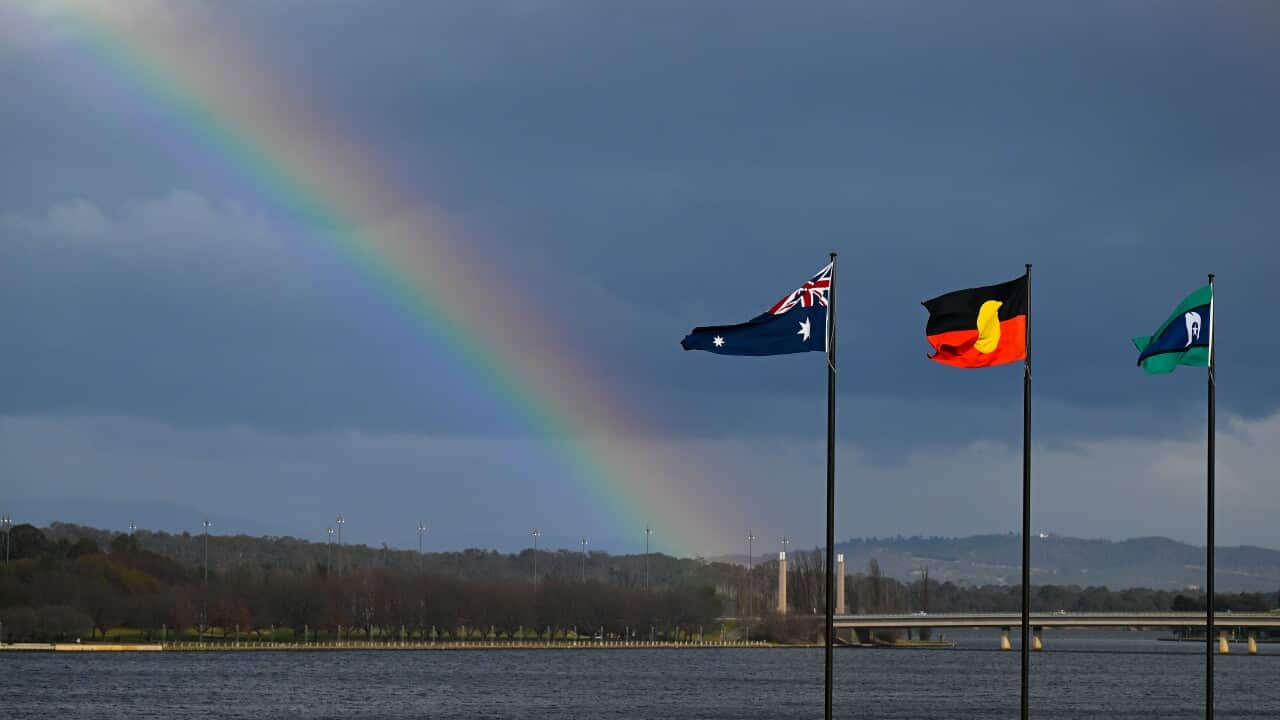Two years on from the Taliban returning to power in Afghanistan, those who were on-the-ground during the transition have begun to re-assess.
Mohammad Shirzad once worked closely with Australian leaders and defence personnel as the governor of the central province of Uruzgan.
Now he's living in Victoria, building a new life in Australia with his family.
He has told S-B-S Pashto that Australia's 20-year effort in Afghanistan did have some key material benefits.
"There were many such projects and schools that were built by Australians and are still in use in Uruzgan. They constructed roads, culverts, bridges."
In his two terms as governor, Mr Shirzad also raised concerns about Australian soldiers' alleged involvement in the killing of Afghan civilians.
"This was a reality and no one could ignore it. This happened. Some war crimes have been committed by the Australian forces, and war crimes were committed by the soldiers of Britain, America, and Germany. The soldiers of all countries have committed war crimes on some occasions."
Two years ago [[15th AUGUST]], Mr Shirzad agreed to hand power over to the Taliban amid heavy fighting before fleeing to Turkiye once the militants took control.
Mr Shirzad now considers talks between the United States and the Taliban in February of 2020 as the first sure sign that his government was coming to an end.
"The beginning of the fall was the start of peace talks in Doha and from that time the conditions were prepared for the collapse of the republic."
Back in his homeland, the Taliban are now firmly established as the rulers of Afghanistan.
There are ongoing security challenges posed by groups such as I-S, with public places such as mosques, education centres and markets regularly targeted by suicide bombers.
Some Afghans have reportedly welcomed the change in government, but people are still struggling with poverty, drought, malnutrition and for women, the fading hope that they will have access to education and work.
Last year, the Taliban closed the majority of girls' high schools throughout Afghanistan before closing universities to women last December.
Khushi was a second-year law and political science student in the northern province of Balkh [[bal-hg]] when the ban occured.
She says the Taliban's actions caused her to sink into a deep depression.
"After the Taliban banned girls from universities and announced that girls can no longer continue our education, I felt so upset. Day by day my mental health deteriorated. I was so depressed, and finally I decided to see a psychiatrist in order to get better."
With an iron grip now well established over the country, the Taliban face no significant opposition to topple them.
One of the only known resistance forces, The National Resistance Front of Afghanistan, operates largely in exile.
Ali Maisam Nazary is from the military alliance and says things may get worse before they get better.
"The resistance is growing, it's gaining strength. Of course the strategy that we are pursuing is a non-conventional war. It's using tactics of guerilla warfare. But we are preparing ourselves for phase two which is towards conventional war to actually liberate and sustain control over areas and provinces and districts."













